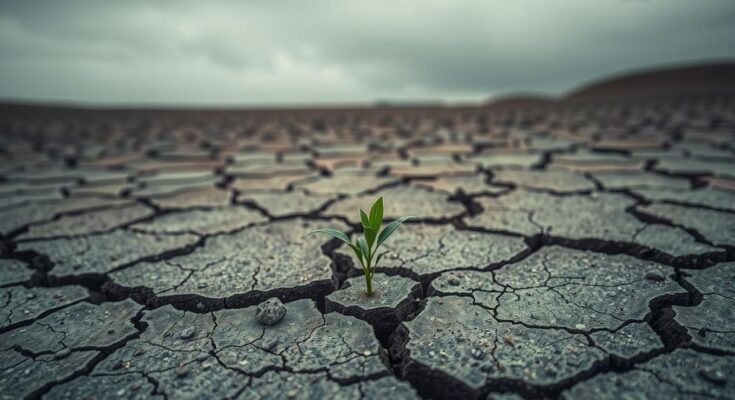Pouria Javaheri, a Kurdish civilian from Kamyaran, began a hunger strike on January 1, 2025, as a protest against over 25 months of detention without a final verdict in Sanandaj Central Prison. Arrested during the Women, Life, Freedom uprising on November 29, 2022, he faced numerous charges after being summoned by the Islamic Revolutionary Guard Corps (IRGC). After time in various detention facilities, he has now reached a state of legal limbo, waiting for justice that seems elusive.
During his months of detention, Javaheri’s experience has been filled with torment, leading to allegations of physical and psychological torture in the IRGC’s Shahramfar detention center. Despite being acquitted of certain serious charges, a separate investigation continues regarding an alleged murder of an IRGC officer, which underscores the complex legal battle he endures. His lawyer has expressed concerns about the fairness of the judicial process and Javaheri’s treatment while in custody.
Eyewitnesses and local residents have come forward, claiming Javaheri was unjustly accused and stating he was working elsewhere during the incident involving the military officer. Despite this support, Javaheri encountered staged reconstructions by security forces, forcibly participating under duress. This heavy-handed approach illustrates the precariousness of dissenting voices under the current regime, where every narrative twist adds to the atmosphere of fear and oppression.
His family is adamant about his innocence, and organizations like Amnesty International have recognized the risks he faces as a prisoner of conscience. Amidst widespread protests, the quest for justice appears shrouded in shadows, reflecting the broader struggles of the Kurdish community for rights and recognition. Javaheri’s plight stands as a stark reminder of the vulnerability faced by those who dare to challenge the powers that govern them.
Pouria Javaheri, a Kurdish civilian from Kamyaran, has initiated a hunger strike protesting his extended detention in Sanandaj Central Prison. Arrested during the 2022 Women, Life, Freedom uprising, Javaheri faces numerous serious charges while claiming he endured torture. Despite an acquittal on some charges, he remains entangled in a legal quagmire, with significant support from his community and organizations calling for justice in his case.
The case of Pouria Javaheri highlights the severe struggles faced by Kurdish civilians in Iran, marked by lengthy detentions without trial, allegations of torture, and dubious judicial practices. His courageous hunger strike serves as a poignant symbol of resistance against oppression and the urgent call for justice. The ongoing challenges inflicted upon him and others in similar predicaments emphasize the critical need for international attention and advocacy for their rights.
In recent years, the Kurdish population in Iran has faced significant oppression, particularly following the Women, Life, Freedom uprising that erupted in 2022. Many Kurdish civilians have been arrested and subjected to harsh legal processes that often involve dubious charges and inadequate representation. This background sets the stage for understanding the gravity of Pouria Javaheri’s situation and the implications of his hunger strike in the context of broader human rights violations in Iran.
Original Source: kurdistanhumanrights.org



